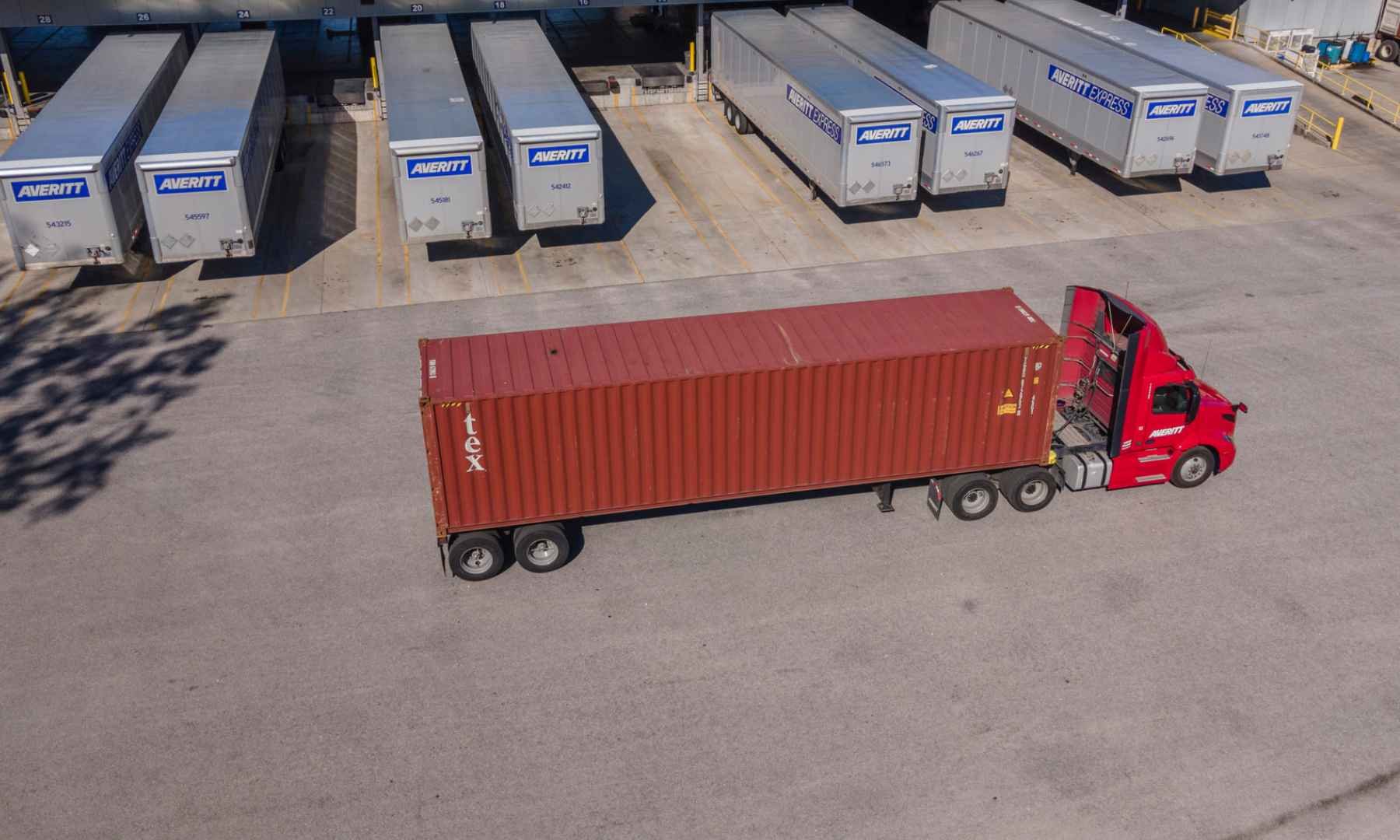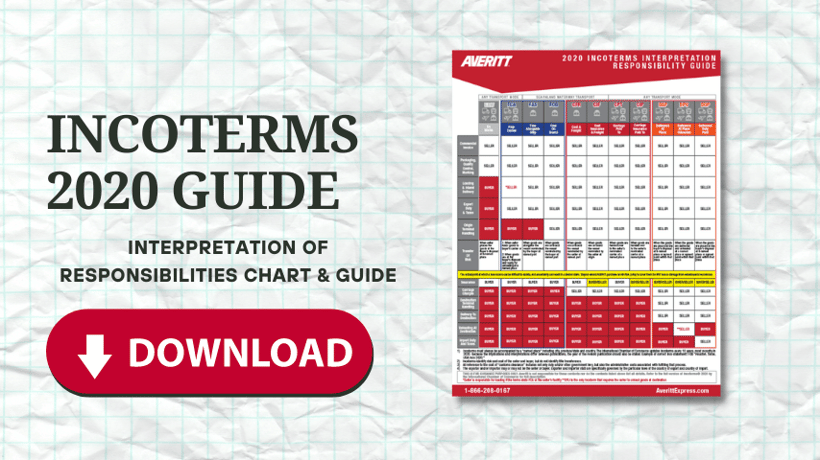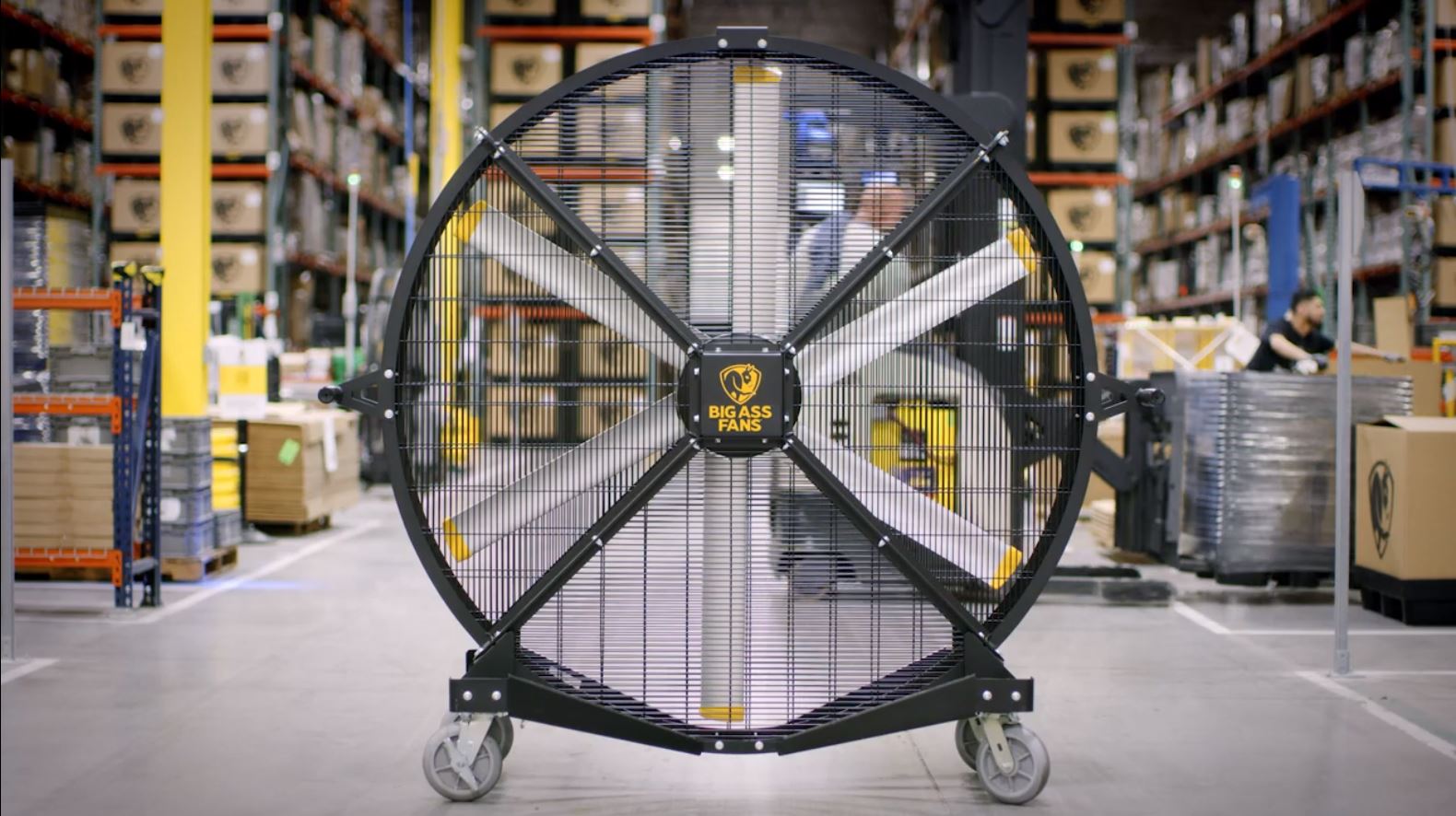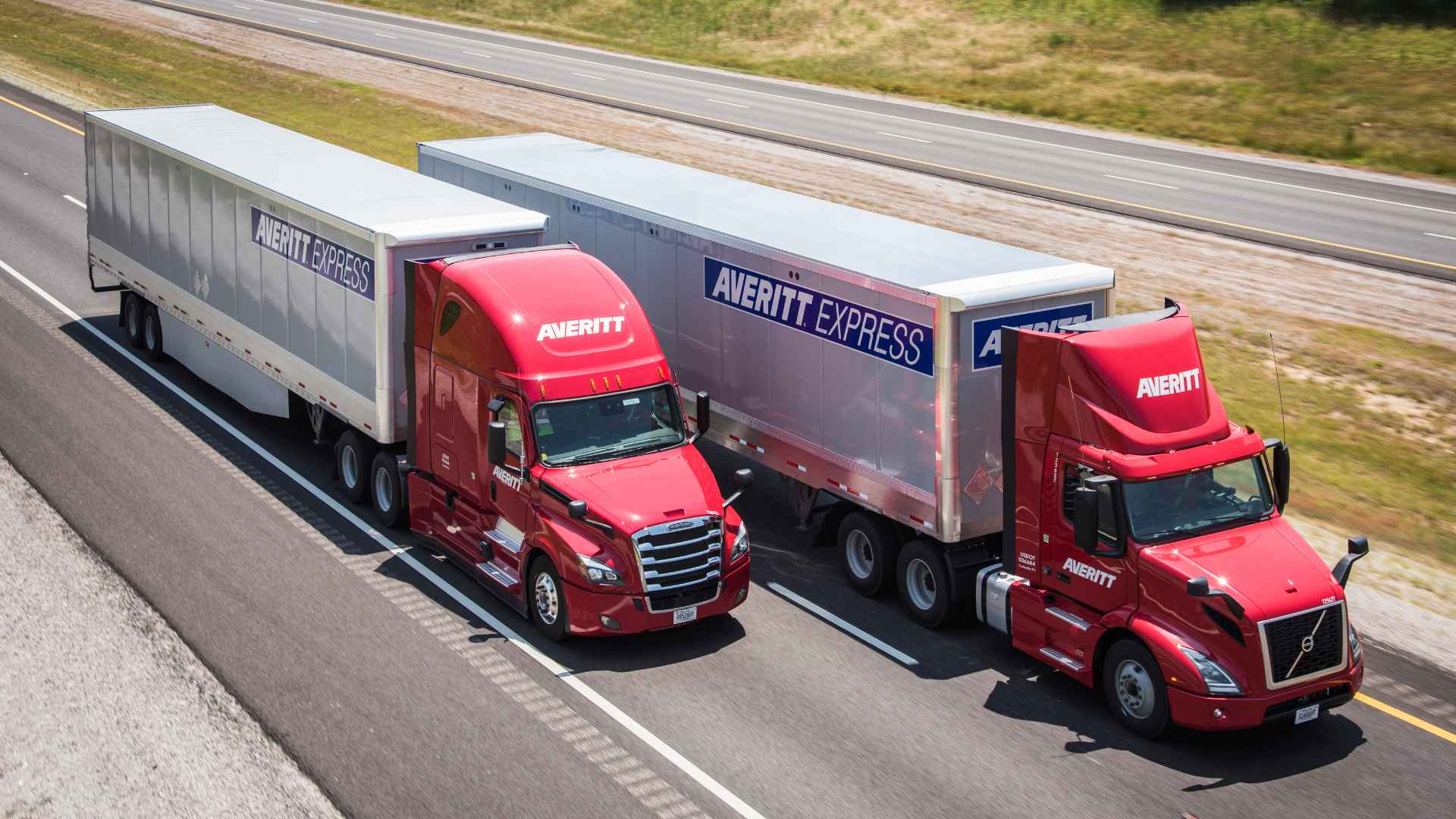International trade can often seem like a labyrinthian maze of jargon and abbreviations. It’s a world with an extensive list of unique rules, procedures, and terminology that can seem daunting at first glance. And one word that gives many new global shippers pause is the abbreviation “Incoterms.”
Incoterms, short for International Commercial Terms, are universally accepted acronyms that delineate the roles, rights, and obligations of sellers and buyers involved in international trade. They serve as a standardized set of definitions that help avoid costly misunderstandings by outlining who is responsible for what, when, and where in the supply chain. From the moment goods leave the seller’s hands to when they arrive at the buyer’s desired location, Incoterms govern the rules and guidelines of the journey.
For those reasons, it also very important that the Incoterm agreed upon between the parties is added to the Purchase Order and Commercial Invoice.
Understanding Incoterms is vital for any shipper engaging in global trade. So in this guide, we will walk you through the basics of Incoterms – how they work, and how understanding them can help ensure smoother shipping for your business.
Understanding the Basics of Incoterms
Incoterms are a set of 11 pre-defined terms that establish who is responsible for paying for and managing the shipment, cargo insurance, documentation, customs clearance, and other logistical activities. They were introduced by the International Chamber of Commerce (ICC) in 1936 to standardize the interpretation of common contract clauses in international trade.
Yet, while they provide uniform definitions for the roles and responsibilities of sellers and buyers, Incoterms aren't one-size-fits-all. Different trade scenarios require varying obligations for both parties involved, which is why Incoterms are divided into four groups – E, F, C, and D.
Each group corresponds to a specific phase of the delivery process, taking into account the point of delivery, the allocation of costs, and the transfer of risk. Categorizing them like this allows for clearer communication between trading partners and minimizes the risk of misunderstandings and disputes.
Note: What follows are simplified definitions. The actual responsibilities of the seller and buyer may vary depending on the specific agreement between them.

Group E
-
This group is represented by a single term: EXW (Ex Works). In an EXW arrangement, the seller makes the goods available at their own premises. The buyer is responsible for all transportation costs, duties, and insurance, and bears all risks of loss or damage.
Group F
-
FCA (Free Carrier): The seller delivers the goods to a carrier specified by the buyer. The buyer assumes all risks and costs from the point of delivery.
-
FAS (Free Alongside Ship): The seller is responsible for delivering the goods alongside the ship at the port of shipment. The buyer is responsible for all costs and risks from this point forward – including loading the goods onto the vessel, transportation, customs, and insurance.
-
FOB (Free on Board): The seller is responsible for the goods until they are loaded on board the ship at the port of shipment. The buyer assumes all risks and costs from this point forward.
Group C
-
CFR (Cost and Freight): The seller is responsible for the costs and freight to bring the goods to the destination port. However, the risk of loss or damage is transferred from seller to buyer once the goods are loaded on the ship.
-
CIF (Cost, Insurance, and Freight): Similar to CFR, but the seller also has to provide insurance against the buyer’s risk of loss or damage during the transportation.
-
CPT (Carriage Paid To): The seller pays the freight for the carriage of goods to the named destination. However, the risk of loss or damage is transferred from seller to buyer once the goods have been handed over to the first carrier.
-
CIP (Carriage and Insurance Paid To): Similar to CPT, but the seller also arranges and pays for insurance coverage against the buyer’s risk of loss or damage during the transportation.
Group D
-
DPU (Delivered at Place Unloaded): The seller delivers the goods and unloads them at a place specified by the buyer. The seller bears all risks and costs, duties, taxes, and other charges related to export and any transit clearance prior to delivery, until the goods have been unloaded at the destination. It is understood that the Import clearance process and any associated duties, taxes, and other charges are the responsibility of the buyer.
-
DAP (Delivered at Place): The seller delivers the goods at a place specified by the buyer. The seller bears all risks and costs, duties, taxes, and other charges related to export and any transit clearance prior to delivery, until the goods are ready for unloading by the buyer at the destination. It is understood that the Import clearance process and any associated duties, taxes, and other charges are the responsibility of the buyer.
-
DDP (Delivered Duty Paid): The seller delivers the goods to the buyer’s premises, handles all customs procedures, and pays all import duties, taxes, and other charges. The seller bears all risks and costs.
Choosing the Right Incoterm for Your Shipment
The selection of the right Incoterm requires careful consideration of several factors: the nature of your goods, your logistical capabilities, your relationship with the buyer, and the regulatory environment of the destination country.
For instance, if your organization is well-versed in managing logistics and customs in the destination country and desires control over the entire process, terms like DDP (Delivered Duty Paid) could be the right fit. Alternatively, if your business prefers the buyer to handle most responsibilities, from transportation to final delivery, EXW (Ex Works) might be a more suitable choice.
Wrapping Up
Incoterms function as the backbone of international trade, offering a standardized language that clarifies the roles and responsibilities in global transactions. With an understanding of these terms and their implications, businesses can significantly streamline their operations of their international forwarding services and minimize the risk of potential misunderstandings or disputes that could lead to costly delays or legal issues.
The world of Incoterms is detailed and can fluctuate based on specific trade scenarios, often requiring insights from shipping and legal experts. For a comprehensive understanding of these terms and their application in different contexts, it’s important to seek out expert advice.
At Averitt, we leverage our extensive experience in international trade to help businesses navigate the challenges of global shipping effectively and efficiently. If you need support, advice, or are looking for a partner to guide you through the intricate world of international trade, we’re here to help.












